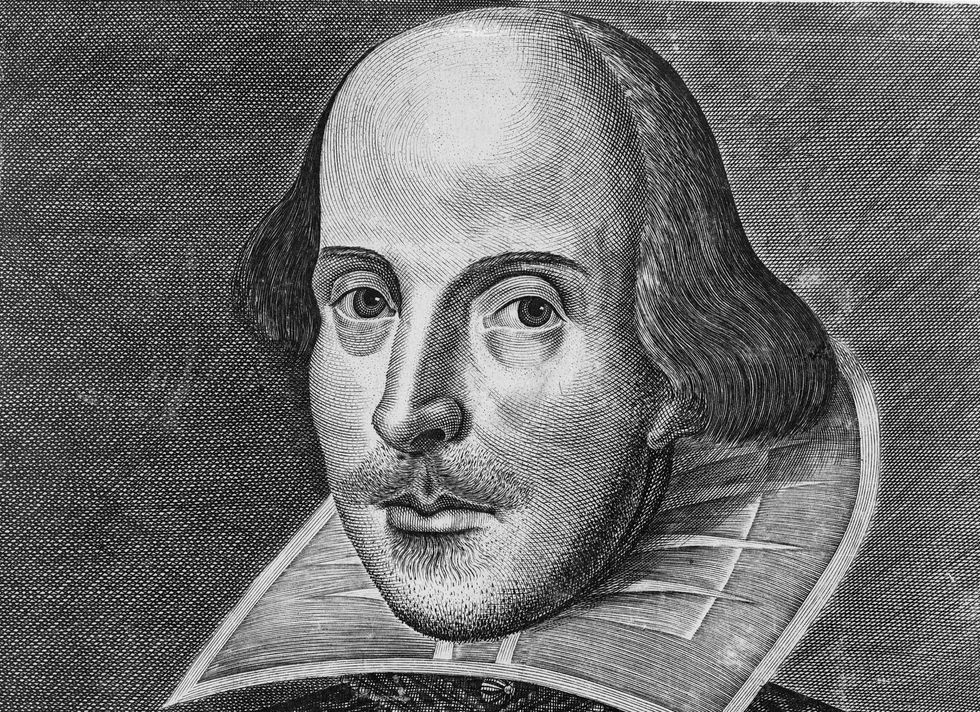A few weeks ago, after reading the text three times over the past few years, I finally got to see a live production of Shakespeare's "Hamlet" at the Hackney Empire Theatre in London. Although I have seen clips of movie adaptations, I have relied largely on my own imagination and interpretation to understand the text. This version of "Hamlet" was not at all what I expected; the poster for it looked like it was advertising a paint party.
When we got to the theatre, the audience was full of young people--mostly high schoolers, some young professionals, and even elementary school kids. Going in, I knew this production had a three-hour runtime, and I was amazed that so many young people had volunteered to sit through it. To me, "Hamlet" had always been a dark, psychologically complex enigma of a play, and I was worried that my fellow audience members would be bored. I had no idea what was in store.
This adaptation of Hamlet was lively, exciting, sexy, and funny, but it maintained the intensity and tragedy that I expected. It was set as if Denmark were an African country, and the cast was almost entirely black. The scenes were ushered in with African drumming, and Hamlet, young and dressed in all black instead of bright tribal prints, often seemed disconnected and out of place.
There was a clear generational gap that made the play so much more relatable.This was one aspect of the show that was very well done: Hamlet and his friends were believably young. Horatio, Ophelia, Laertes, Rosencrantz, and Guildenstern (who was a woman in this version) all dressed in contemporary fashion.
When Ophelia teased Laertes about behaving himself in France, she pulled condoms out of his suitcase. When Hamlet pretends to be mad in front of Claudius, he and Horatio show up with a boombox and spray paint. Hamlet changed into a suit covered in bright paint and chalk and graffiti-style art.
What's more, Polonius, who I had always read as a buffoon, was portrayed as a highly comical character and loving father. Suddenly, it made sense for Ophelia to go crazy upon his death (she pulled her hair out as she listed the flowers in this version; it was incredibly moving) and for Laertes to want revenge. I could go on and on about how fantastic the whole production was--three hours flew by.
Just a bit before I saw "Hamlet," I also saw a production of "Julius Caesar" (at the time I was sure it would be my favorite play this semester--then I saw Hamlet). Although I have only read the text once, and although my interpretation of it was close to that of this director, I was still amazed at the adaptation.
Before the show began, there was a concert. Most of the audience sat around the circumference of the room raised up, but some of the audience members stood in the middle, and they became the plebians. First, they sang along to "We're not gonna take it" in the pre-play concert, where many of them were given red "Caesar" hats and campaign signs (yes, it is the allusion that comes to mind).
Once the rally came to a head, Caesar came in and rallied the crowd even more. It was a frighteningly powerful reminder of the role of rhetoric in today's world of politics.
I still have two more Shakespearian productions to see this semester, but I have already been reminded of the importance and the pertinency of his works. Shakespeare captures a wide range of human emotion to create compelling pictures of tragedy and love, and the themes of his works continue to apply to our lives today.
It is so amazing to me that he could have such a deep understanding of the human condition that his work still feels relevant and natural to adapt in a modern context. Also, he's a dirty old man who makes a lot of sex jokes, so there's really nothing that his work is missing.














